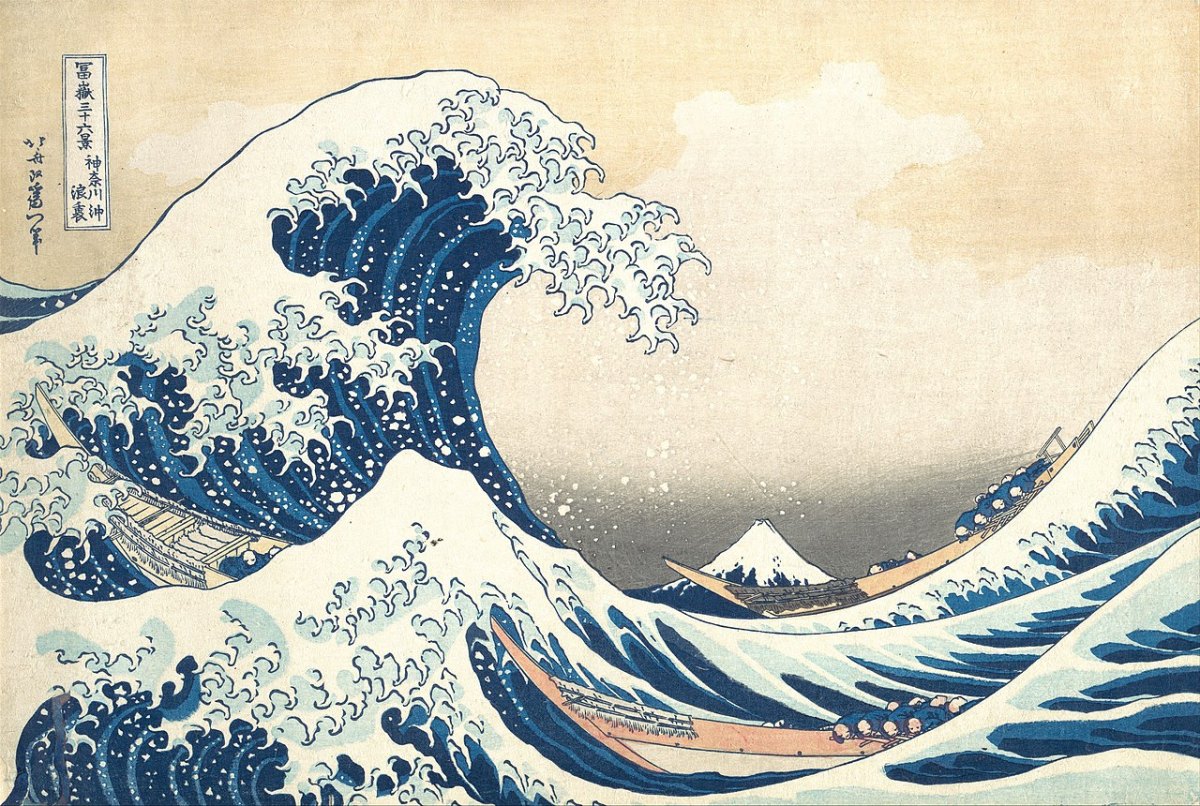‘We are such inward, secret creatures,’ reflects Charles Arrowby, the protagonist of Iris Murdoch’s The Sea, The Sea. A retired playwright, he trades the dazzling West End for a secluded house on the English coast; a quiet place to pen his memoir. ‘That inwardness is the most amazing thing about us, even more amazing than our reason.’
By recounting his life, Charles seeks an elusive self-enlightenment — but his ego suffocates his creativity, and eclipses his ability to truly connect with anyone else. He laments, ‘We are all such shocking poseurs, so good at inflating the importance of what we think we value.’
Human consciousness exists in isolation
You exist in isolation, closed off from all other minds. Unlike our physical bodies, our introspection is invisible and unobservable to others, with no way to ever integrate. Instead, we rely on external symbols to share our vibrant inner lives; we communicate through language, colour, textiles, music. Instagram reels. Thanks to technology, we’re more in touch than ever before, and yet we’re failing to truly and meaningfully connect. Like Michelle Yeoh, the internet is everything, everywhere, all at once — at a cost. We are burning through attention like crude oil, flailing in an ocean of over-saturation. Social media is a main stage for an endless scroll of superficiality and social approval. We follow trends on TikTok, agonise over VSCO filters and Instagram likes. We are the ‘shocking poseurs’, our thoughts sanitised and crafted into clever, 280-character tweets.
And what remains? A careful curation of our photogenic, polished moments, feeding into the rapacious beast of comparison. And when your feed is a 24/7 screening of lives that reflect the verisimilitude of true contentment, all bigger, brighter and ‘better’ than the next, comparison is a shortcut to disconnection.
Loneliness is catching fast
Three in five Americans classify themselves as lonely, and 58% reported feeling like no one knows them well. More than one in three Brits are lonely too, over half of those aged 18-24. Gen Z are the loneliest generation of all, an indication of the effects of social media. In Japan, the government created a ‘Minister of Loneliness‘ after suicide rates surged following Covid-19 restrictions.
Of course, the pandemic has profoundly impacted inner lives everywhere, all over the world. We spent months in lockdown, inside bedrooms and tiny city apartments and miles, sometimes continents, away from our loved ones. We couldn’t hug, couldn’t kiss, couldn’t stand closer than six feet apart. Our relationships unravelled. We said goodbye too soon, through screens instead of side by side. Without the distractions of daily life, we were forced to confront our inner selves and the challenges of continued isolation.
To be human is to live a life of ongoing outreach
We are pack creatures, conditioned to belong. We crave connection, because to truly connect with another person is to be seen and understood. And to do so, we must be honest with ourselves. We must create what Iris Murdoch coined, opportunities for ‘unselfing’ — the purposeful act of letting go of our self consciousness to connect authentically with others and the world around us. ‘The enemies of art, morals and love are the same,’ Murdoch reveals, ‘social convention and neurosis.’ When we unself, we carve out a space for empathy and compassion that fosters a deeper sense of community.
Community is king in collectivist cultures. In Japan, the Okinawan value of ‘moai’ describes lifelong friends you can lean on. ‘Kampung spirit’ is baked into Singapore’s bedrock. ‘Olla común,’ a tradition in Chile, Ecuador, and Venezuela, sees neighbours contribute ingredients and cook together, to feed people in need. And from guerilla gardening to block parties, Westerners are creating communities and connecting in real life too. The pandemic reminded us of the importance of face-to-face interaction, but the internet offers unlimited opportunities for people to connect over their shared passions. Loneliness will persist for many, in particular the elderly and vulnerable minorities, which is why we must create communities to support each other.
As Iris Murdoch says: ‘We can only learn to love by loving.’
Featured image: Katsushika Hokusai (1760-1849) ‘Under the great wave off Kanagawa’, ca. 1831

